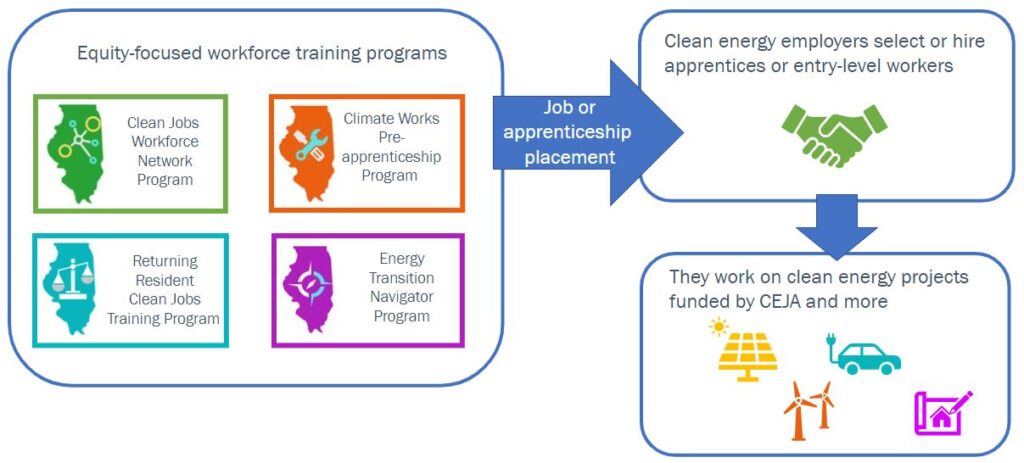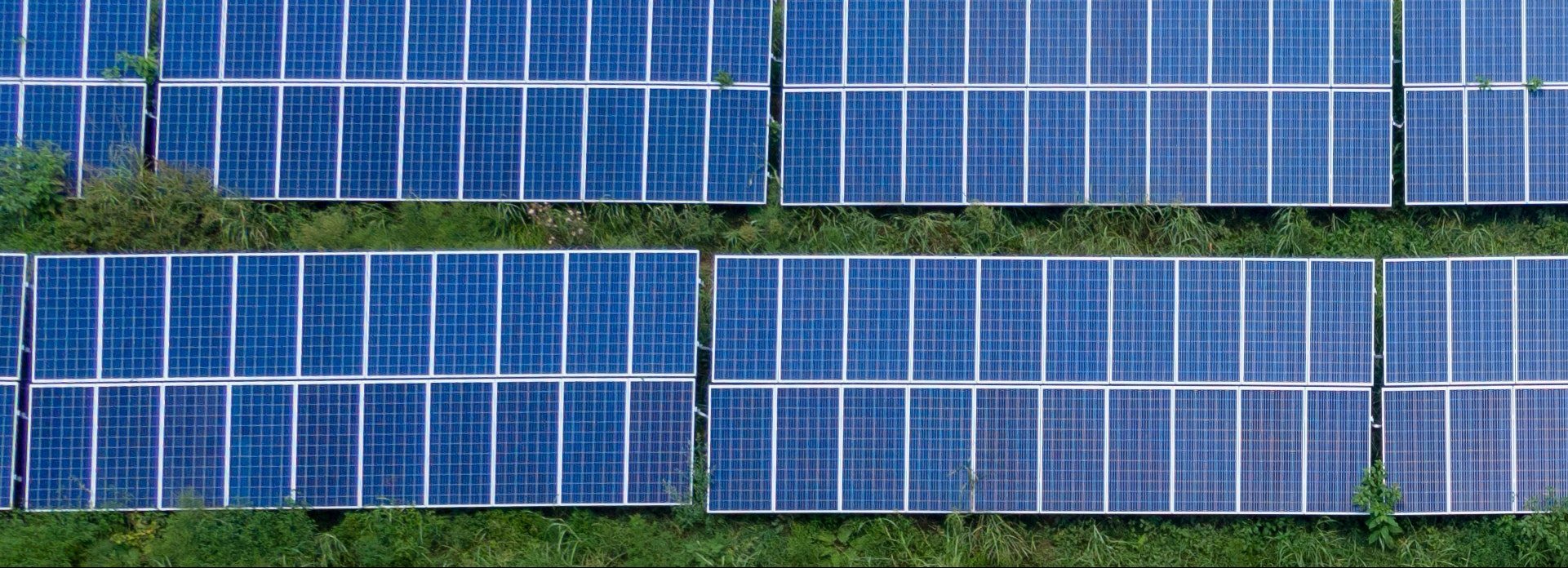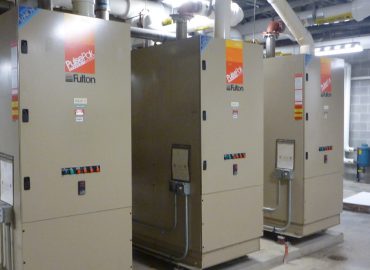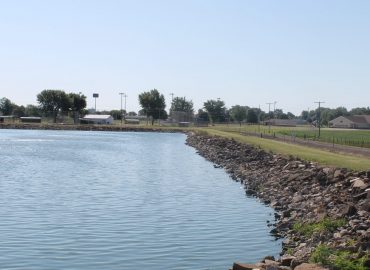The Illinois Climate and Equitable Jobs Act (CEJA) sets a goal for Illinois to reach 40% renewable energy by 2030 and 50% by 2040. It puts Illinois on a path to achieve a carbon-free power grid by 2045. To achieve this goal, CEJA invests $380 million a year in new renewable energy, reinvigorating the state’s incentive programs.
CEJA’s investments in renewable energy, along with other federal investments, will require a significant expansion of the solar workforce in Illinois. The CEJA workforce programs, which are launching this year, invest over $78 million in funding to grow the clean energy workforce, including the solar workforce. CEJA economic development programs will also help existing contractors increase their capacity to bid on solar energy projects and grow their businesses. These programs will help to equitably grow the clean energy workforce by targeting communities and groups of people that have historically been left out of the clean energy expansion.
Here’s what you need to know about the CEJA workforce and economic development ecosystem.
CEJA Workforce Programs
Four workforce programs will train people for clean energy jobs or apprenticeship programs (see the figure below). While solar training is not the sole focus of these programs, it will be a key component. The programs are equity-focused and will serve people living in Environmental Justice or R3 communities, as well as people who have been incarcerated or who are current or former members of the foster care system.

The four CEJA workforce programs include:
- The Clean Jobs Workforce Network Program: 13 hubs deliver clean jobs training at locations throughout the state to prepare people for entry-level clean energy jobs. Will utilize a standard clean energy curriculum framework.
- The Climate Works Pre-apprenticeship Program: Three regional centers will deliver pre-apprenticeship training in construction basics, with a clean energy focus, to prepare people for registered apprenticeships.
- The Energy Transition Navigator Program: Navigators will recruit participants, conduct education and outreach, and build connections in communities and with employers to support the CEJA workforce programs.
- The Returning Resident Clean Jobs Training Program: Clean jobs training will be delivered in Illinois Department of Corrections facilities to prepare people for entry-level clean energy jobs on the outside.
Notices of Funding to deliver these programs will be released this spring and summer, and programs will begin training people in the fall or winter.
Employer Incentives to Hire CEJA Workforce Graduates
Solar developers and contractors must meet certain minimum equity requirements to be Approved Vendors in the Illinois solar programs (Illinois Shines and Illinois Solar for All). This means that a portion of their workforce must be “equity eligible” for them to be able to develop or install solar energy projects through these programs.
To qualify as “equity eligible,” employees must be graduates or former participants of the CEJA or FEJA training programs. Employees can also qualify as equity eligible if they live in an equity eligible community, were formerly incarcerated, or are graduates or current members of the foster care system.
For the 2023/2024 program year, the minimum equity eligible requirement is 10%. In subsequent years, this requirement will increase.
Economic Development Programs to Grow Contractor Businesses
CEJA also sets forth several economic development programs to help new contractor businesses expand their capacity and take advantage of new incentive programs to do solar projects (see figure below). These programs are also equity-focused, meaning that they will target contractors in equity eligible communities, as well as contractors who have been incarcerated or who are graduates of the foster care system.

The three CEJA Economic Development Programs include:
- Clean Energy Contractor Incubator Program. 13 hubs deliver training, mentorship and recruitment for small clean energy businesses and contractors.
- Clean Energy Prime Contractor Accelerator Program: Resources are provided in three regions to expand contractors’ capacity to fill the role of prime contractor on clean energy projects.
- Jobs and Environmental Justice Grant Program. Provides seed funding and pre-development funding for equity-eligible contractors to start work on renewable energy projects.
Notices of Funding to deliver the contractor programs will be released this spring and summer, and programs will begin offering services in the fall or winter.
How do I stay informed?
SEDAC is helping the Department of Commerce and Economic Opportunity launch the CEJA workforce and economic development programs. You can learn more about these programs on DCEO’s CEJA webpage.





